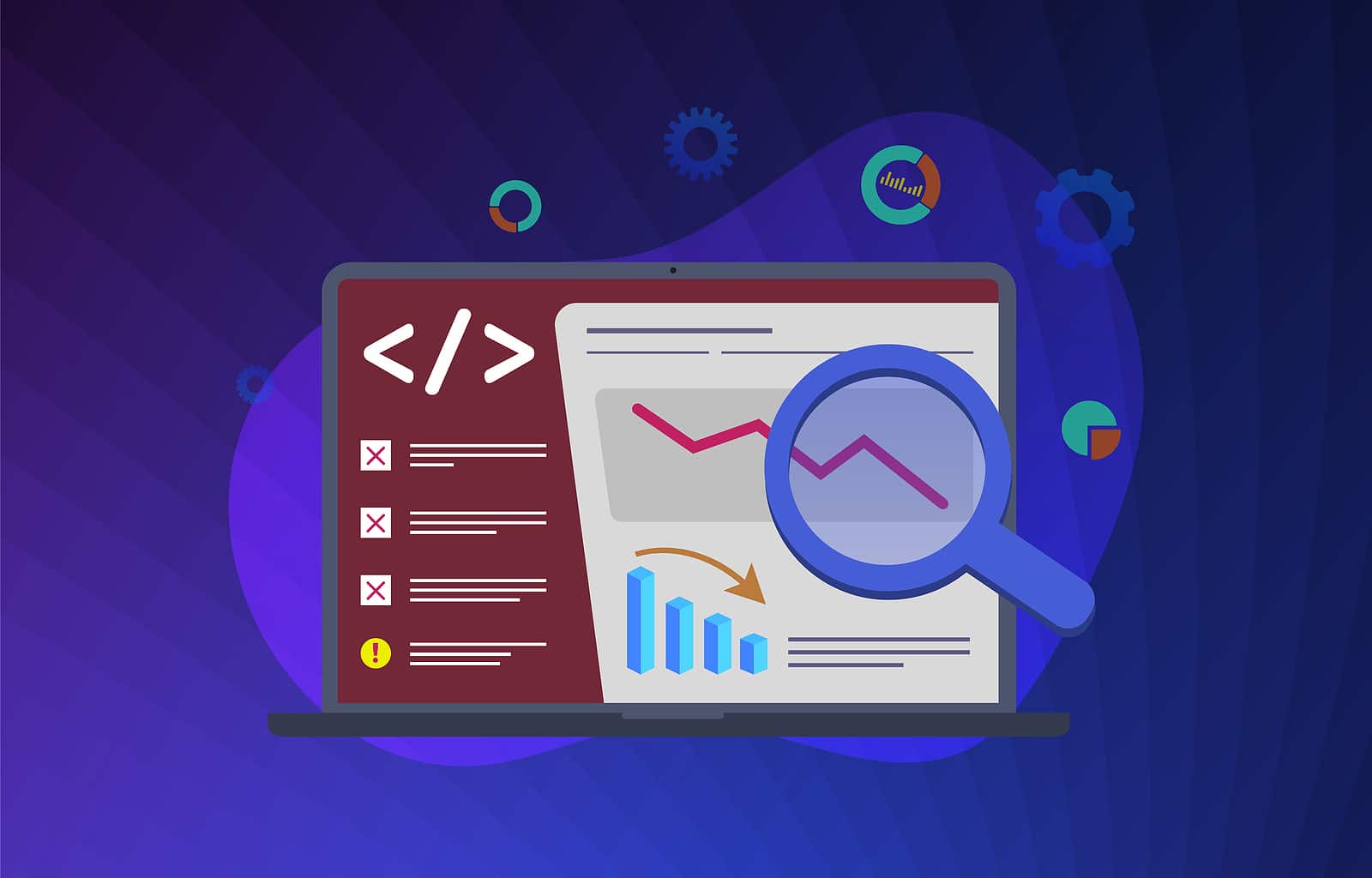SEO for Mental Health: Understanding the Three Main Components to SEO

SEO for mental health professionals is one of those things that’s kind of hard to describe. Saying “I’m an SEO Specialist!” is a lot like saying “I play sports!”. While it’s great that you’re doing playing a sport, I still have no idea what you specialize in! This same idea goes for SEO. And, this can lead to a lot of confusion if you aren’t familiar with the different components involved. So, today I’m offering SEO help for therapists by clarifying each, and talk about how each can help your site!
So, What Goes Into SEO?
When it comes to search engine optimization, there are three main components. These are Technical SEO, On-Page SEO, and Off-Page SEO. Let’s start with the technical side of things.
Technical SEO
While the name sounds like it’d be something related to Off-Page SEO, it actually doesn’t! Technical SEO involves optimizing the infrastructure of your site. This relates to anything that helps Google with “web-crawling”. Crawling is what automated programs -or bots- do when scanning your website. They periodically visit the site and check for updates or other new information.
By optimizing the technical SEO elements of your site, you can help Google by making it easier for the bot to scan the page. The easier it is for Google to scan and figure out what your website is about, the more likely it will be pushed to that #1 spot on the front page.
Some of these technical elements include:
- The loading speed of your page
- The structure of your site
- Removing any duplicate content on the site
- Sitemaps & Indexing
There are a lot of other ways to improve technical SEO. But, as search engines grow more sophisticated, so do the methods for optimizing.
On-Page SEO

This one isn’t as tricky as Technical SEO. On-page SEO involves optimizing the different aspects of a page itself. This includes pretty much everything our SEO specialists might reference during page optimization. Some of the most important parts of the page are the title, subheadings, photos, meta descriptions, and of course, the content itself.
Ensuring your pages are optimized also helps boost your ranking for many of the same reasons as technical SEO. Having an optimized page makes it easier for Google to understand what your page is about. But, it also makes for a better user experience for whoever may be reading through your site. This could arguably be even more important, since making sure users can navigate your site will lead to a better chance they will make use of your services.
Off-Page SEO
Finally, we have off-page SEO. This involves things like external links to other reputable sites, internal links connecting each of your pages, and backlinks. Having quality links will help your site gain creditability with Google. And, having links from other reputable sites will inform Google that you’re reputable as well.
This also includes marketing efforts such as your social media presence, word of mouth, and brand building. By improving your off-page SEO, you are making sure your practice is being seen by the world! You can also improve this by receiving favorable reviews, doing a guest blog on another site, or even having your own podcast.
There are many ways you can improve your off-page SEO, but the one I’d like to revisit for a second time are backlinks. These are the links connecting one website to another. And, it’s helpful to know that it is against Google’s policy to pay for backlinks. These links will often show up on spam sites. And getting caught with them can result in penalties from Google.

Some ways of getting reputable backlinks are:
- Getting on a resource list for recommended mental health service providers
- Being part of a directory, such as Therapy Den
- HARO (Help Out A Journalist)
- Guest writing an original blog post
Do I Need to Learn All Three of These Components for SEO?
Well no, but also yes. The beauty of SEO for mental health professionals is that you can practice optimizing all of these by tweaking your own site in different ways. By making changes you can better understand how to spark more movement in the Google rankings.
On the other hand, this is exactly what we at Simplified SEO were born to do! We specialize in high-quality on-page and off-page SEO for mental health professionals. Additionally, we also provide support with many aspects of technical SEO such as indexing, managing redirects, submitting sitemaps, and more.
Begin Working with an SEO Specialist
Hopefully, this crash course helped you to better understand what goes into quality SEO optimization. At Simplified SEO Consulting, we offer a variety of on-page, off-page, and technical services to help boost your SEO. We offer Done For You services as well as a 12-week training option. If you’d like to learn more, schedule a free 30-minute consultation with us.
Other Services offered by Simplified SEO Consulting
Simplified SEO Consulting is passionate about providing SEO services for helping professionals and private practice owners. Our comprehensive SEO services are included in our Done for You SEO Service packages. We also offer alumni packages and al la carte SEO services. Our team provides several learning opportunities with our SEO training packages including our “Top of Google” online course and 12 weeks of online video training and SEO Strategy package if you’re interested in learning how to optimize your website on your own.
Contact Simplified SEO to ask further questions, or book a free SEO Consultation to decide which option is best for your business. We look forward to talking with you.
About The Author
 Sterling Humburg-Cage is a member of the 2020 graduating class from the University of Missouri. He is intent on using his B.A. in Psychology to help provide the best results as an SEO specialist
Sterling Humburg-Cage is a member of the 2020 graduating class from the University of Missouri. He is intent on using his B.A. in Psychology to help provide the best results as an SEO specialist




Leave a Reply
Want to join the discussion?Feel free to contribute!